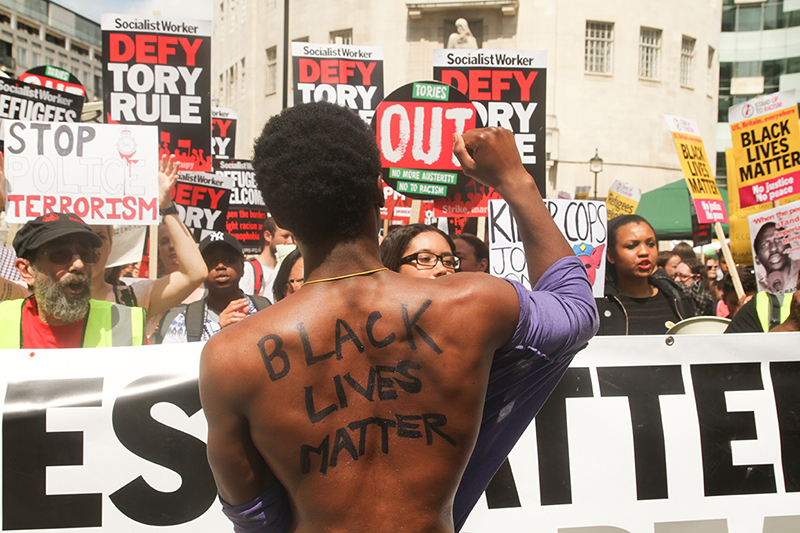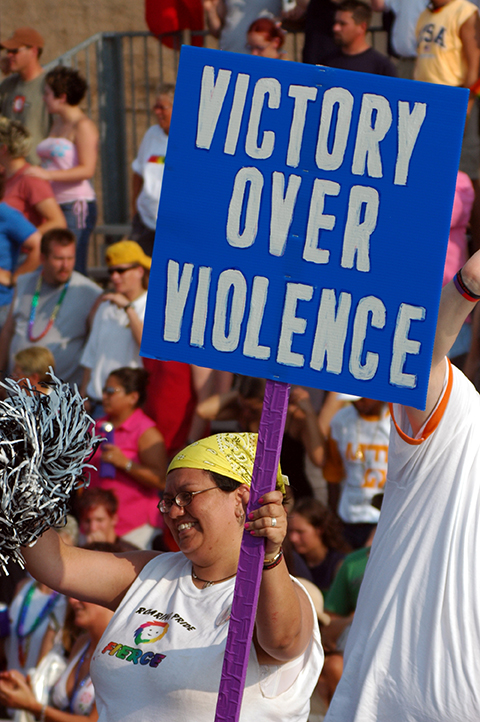Empirical solutions to complex social issues
We Know
We are sociologists who have been studying racial and gender inequalities for more than 30 years.
As sociologists, our focus is less on individual people, though individual stories are our data, and we often tell the compelling stories of people we’ve interviewed, like Keisha who was shackled while she delivered her newborn or Darryl who spent 20 years in prison for a crime he didn’t commit, or Miriam who was sent to prison when she was 11 and has been confined in solitary confinement for perhaps a decade, or focus is on institutional structures and ideologies or belief systems that create environments where racial and gender inequalities thrive.


What we know helps audiences understand
Especially Yours
For example, its popular right now to talk about racial justice, protests chant “No Justice, No Peace” and “White Silence=Violence” and “Black Lives Matter.” Decades of research and teaching has taught us that the issues fueling the Black Lives Matter protests are far more than the murder of yet another Black man murdered by the police. Racial injustice in the United States impacts every aspect of Black Lives from access to education, to fair housing, to decent and affordable health care, to fair lending. We focus on the policies and practices, often embedded in our legal code and in our institutional frameworks, that restrict access to the opportunity structure for people with marginalized identities.
We are a reliable source
We Bring The Facts
As sociologists we have dedicated our personal and professional lives to the work of racial and gender justice and equity. And, we believe that the only way to do this work and have a lasting impact is to identify the structure that produce gender and racial inequality, develop strategies for dismantling these structures and replacing them with equitable structures, and writing and speaking to audiences so that others can be mobilized to do this work in their own lives, in the families, in their communities–neighborhoods, houses of worship, clubs and organizations–and in their workplaces.

